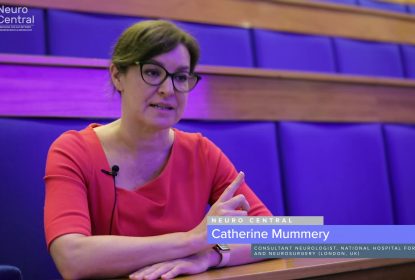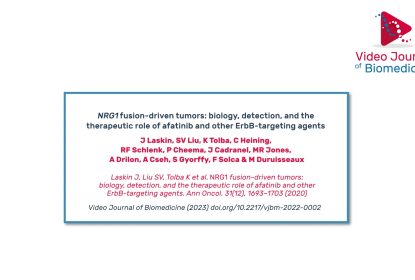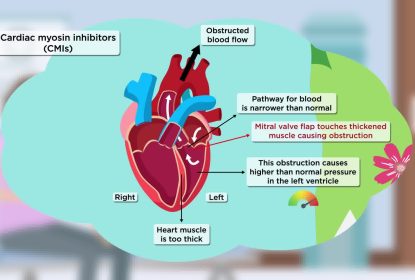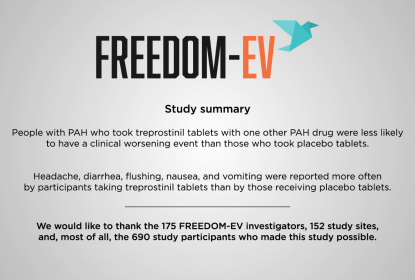
Genetic therapies for neurodegenerative diseases with Sarah Tabrizi
In this video Sarah Tabrizi, University College London, UK, discusses the advances that have been made in genetic therapies for neurodegenerative diseases, outlining the challenges involved and potential ways these could be overcome. Having led the pioneering study of Phase 1/2a study of IONIS-HTTRx (now RG6042) in adults with early Huntington’s disease that was recently published in the New England Journal of Medicine, Sarah also provides an overview of this study and gives her thoughts on how the field will progress over the next few years.
About the author:
Sarah Tabrizi graduated in biochemistry, then medicine from the University of Edinburgh in 1992. She has worked on research into neurodegenerative diseases since her PhD as an MRC clinical training fellow at UCL. After clinical training, she obtained a DH National Clinician Scientist Fellowship in 2002 to work on protein misfolding at UCL. She was promoted to Senior Lecturer and Honorary Consultant Neurologist in 2003, and to Full Professor in 2009. Sarah is Director of the UCL Huntington’s Disease Centre, which she co-founded with Professor Gill Bates in 2016, and Joint Head of Department Neurodegenerative Disease at the UCL Queen Square Institute of Neurology. In addition to basic bench science, which focuses on basic cellular mechanisms of neurodegeneration focusing on Huntington’s disease (HD), she also leads a large translational research programme in HD that is working towards finding effective disease-modifying treatments. She was the PI of TRACK-HD and Track-On HD, both major international research initiatives aimed at understanding the neurobiology of the neurodegenerative changes in premanifest and early stage HD gene carriers. She was global clinical PI on the world’s first gene silencing study for HD using anti-sense oligonucleotide therapy which successfully completed in December 2017. The full set of results for this trial were published in the New England Journal of Medicine in 2019. This was the first study to show antisense mediated knockdown of a toxic protein in the CNS of adults. Following the success of the trial, and in collaboration with F. Hoffman-La Roche Ltd, an Open Label Extension study and pivotal phase 3 trial are now underway. Sarah has published over 300 peer-reviewed publications to date, has an H-index of 78, and her research work has been the subject of articles in NEJM, The Economist, Scientific American, and The Lancet. She serves on several panels including the UK HD association, the European HD Network and NINDS/NIH. She co-founded, with Sir Michael Rawlins, the UK All Party Parliamentary Group for HD in 2010. In 2014, she was elected a Fellow of the UK Academy of Medical Sciences. In 2017 she received the seventh Leslie Gehry Brenner Prize for Innovation in Science awarded by the Hereditary Disease Foundation, and was appointed as a Principal Investigator at the UK Dementia Research Institute Hub. In 2018 she received the Cotzias Award from the Spanish Society of Neurology.
Original publication:
Video originally published on Neuro Central, a digital platform from the Future Science Group that unites all aspects of neurology and neuroscience.






